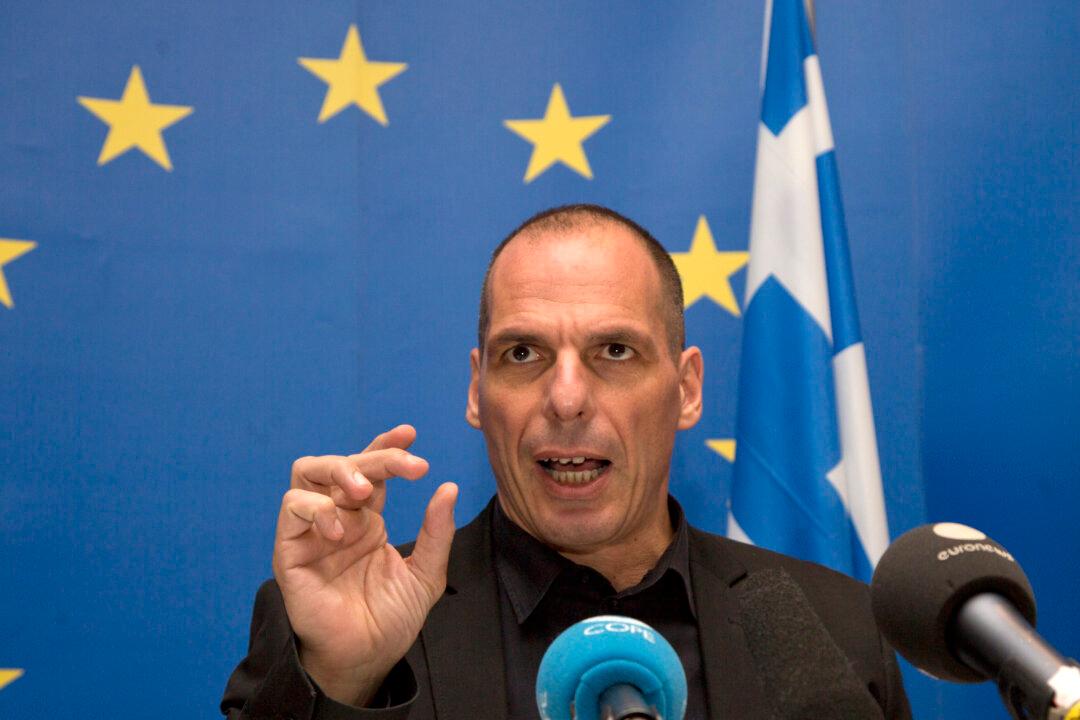LUXEMBOURG—The eurozone’s 19 leaders have been summoned to an emergency summit next week after talks about Greece’s bailout ended in acrimony on Thursday, intensifying fears that the country was heading for bankruptcy and an exit from the euro.
Donald Tusk, who chairs meetings of European leaders, called them to Brussels on Monday evening to “urgently discuss the situation of Greece at the highest political level”—frustrated at the lack of progress less than two weeks before a big payment Athens has to make to the International Monetary Fund.
READ MORE





